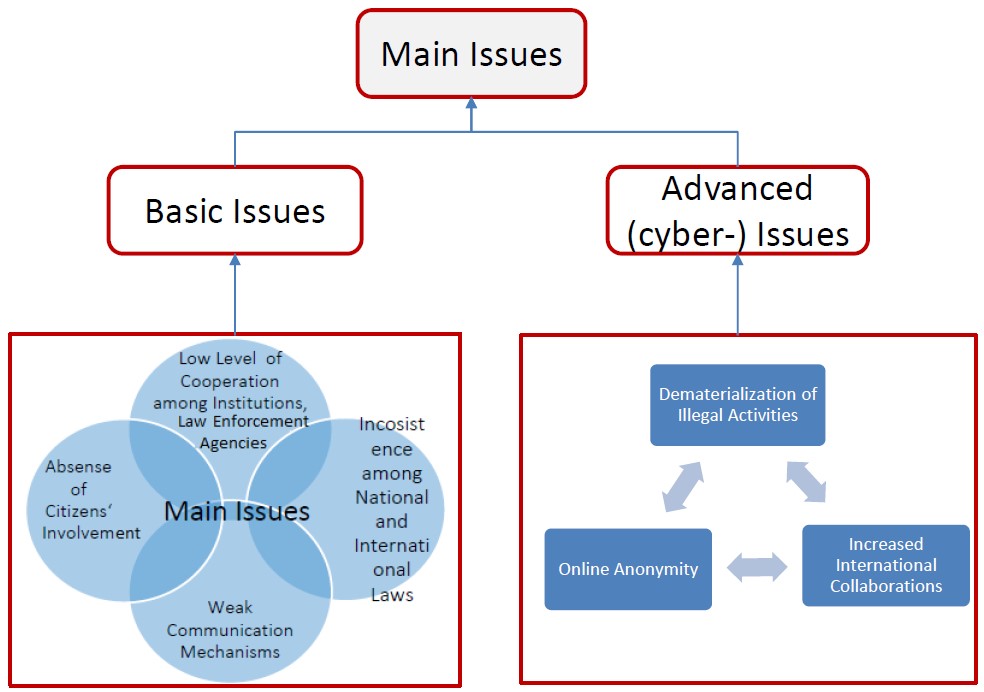The internet has become a global platform for communication, connecting people from all walks of life. While this offers numerous benefits, it also presents unique challenges, particularly when it comes to discussing sensitive topics like illegal activities. It’s natural to wonder: is it illegal to talk about illegal things online? The answer isn’t straightforward and depends on a variety of factors.
This article aims to shed light on the legal complexities surrounding online discussions of illegal activity. We’ll explore the potential risks, delve into jurisdictional nuances, and provide practical advice on how to navigate these tricky waters safely. By understanding the legal landscape, you can engage in online conversations responsibly and avoid unintended consequences.
Online Discussions and Illegal Activity
The internet has become a breeding ground for discussions on a wide range of topics, including those that touch upon illegal activities. These discussions can take various forms, from casual conversations about hypothetical scenarios to detailed planning of criminal acts. While some individuals may engage in these discussions out of curiosity or a desire to share information, others may have more sinister intentions.
It’s important to recognize that the mere act of discussing illegal activity online doesn’t necessarily constitute a crime. Laws surrounding online speech vary significantly from country to country and even within different regions of a single nation. However, the line between permissible discussion and illegal activity can be blurry, particularly when conversations involve specific details or plans for criminal acts.
Legal Risks of Online Conversations

Engaging in online discussions about illegal activities can expose individuals to various legal risks. Depending on the content of the conversation and the jurisdiction involved, participants could face charges ranging from misdemeanor offenses to serious felonies. Prosecutors may argue that online conversations constitute evidence of intent to commit a crime, even if no physical action has been taken.
Furthermore, online platforms often have their own terms of service that prohibit users from engaging in discussions related to illegal activity. Violating these terms can result in account suspension or termination. In some cases, platform providers may also be legally obligated to report suspected criminal activity to law enforcement authorities.
Cybercrime Laws
Many countries have enacted specific cybercrime laws that address online activities related to illegal conduct. These laws often target activities such as hacking, phishing, identity theft, and the distribution of child pornography. Engaging in any of these activities online can lead to severe legal penalties, including imprisonment and hefty fines.
Free Speech Limitations
While freedom of speech is a fundamental right in many democracies, it’s not absolute. Governments and courts may impose limitations on free speech when it comes to inciting violence, spreading hate speech, or engaging in other harmful activities. Online discussions that cross these boundaries can be subject to legal scrutiny and potential prosecution.
Jurisdiction and Context Matters
The legality of online discussions about illegal activity is heavily influenced by jurisdiction and context. Laws governing online speech vary significantly from country to country, and even within different regions of a single nation. What might be considered acceptable conversation in one jurisdiction could be deemed illegal in another.
Furthermore, the specific content of the discussion plays a crucial role. Simply mentioning an illegal act in passing may not raise legal concerns, whereas detailed planning or encouragement of criminal activity is more likely to attract attention from law enforcement.
Inciting Criminal Activity Online

One of the most serious legal risks associated with online discussions about illegal activity is inciting criminal behavior. This occurs when individuals use online platforms to encourage, persuade, or motivate others to engage in unlawful acts. Prosecutors often focus on intent and the potential for harm when evaluating cases of online incitement.
Examples of Inciting Criminal Activity
- Posting instructions on how to manufacture illegal weapons
- Encouraging violence against specific groups or individuals
- Organizing online protests that escalate into riots or property damage
- Promoting hacking activities targeting critical infrastructure
Avoiding Legal Trouble
To minimize the risk of legal trouble when discussing sensitive topics online, it’s essential to exercise caution and follow these guidelines:
- Be mindful of your audience: Avoid sharing information about illegal activities with individuals you don’t know well or trust.
- Stick to hypothetical discussions: When engaging in conversations about illegal acts, frame them as hypothetical scenarios rather than concrete plans.
- Avoid specific details: Refrain from providing detailed instructions or guidance on how to commit crimes.
- Be aware of your jurisdiction: Research the laws governing online speech in your area and avoid engaging in activities that could be considered illegal.
- Think before you post: Carefully consider the potential consequences of your online words and actions.
Conclusion
Navigating the legal complexities surrounding online discussions about illegal activity can be challenging. While it’s important to exercise freedom of speech responsibly, individuals must also be aware of the potential risks involved. By understanding the legal landscape, exercising caution in online conversations, and avoiding activities that incite criminal behavior, you can minimize your risk of encountering legal trouble. Remember, when in doubt, err on the side of caution and seek legal advice if necessary.



